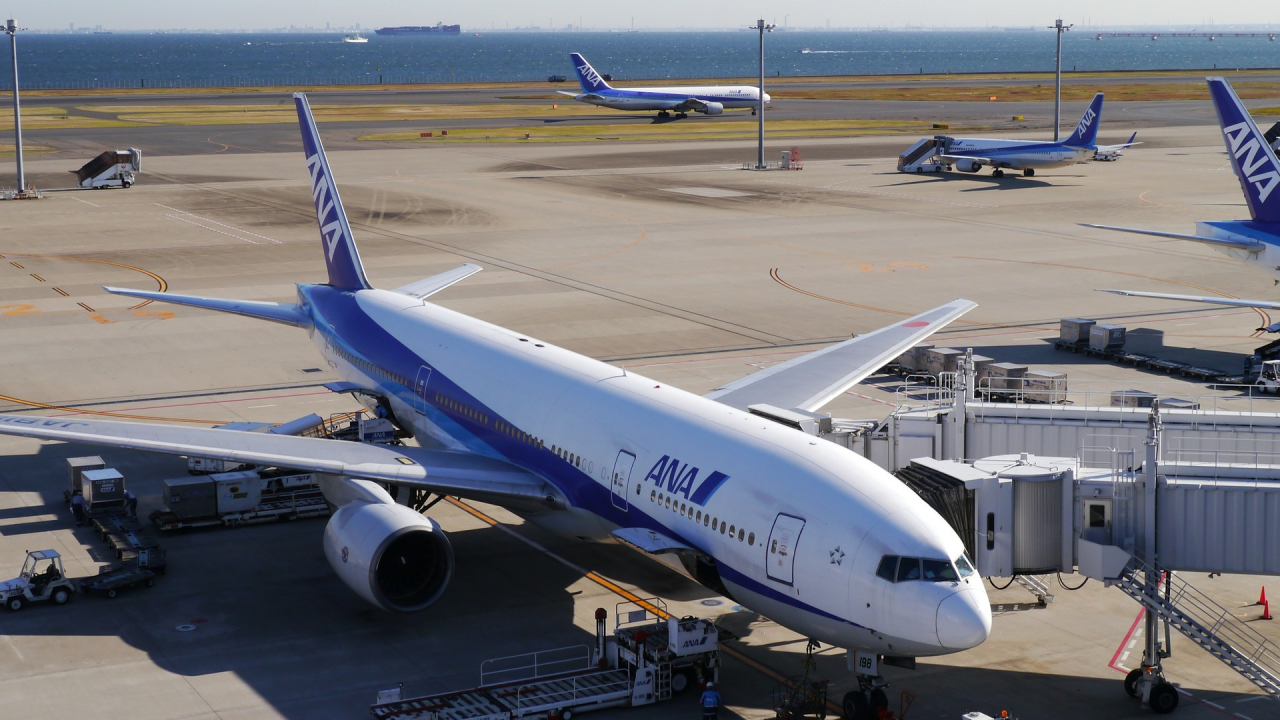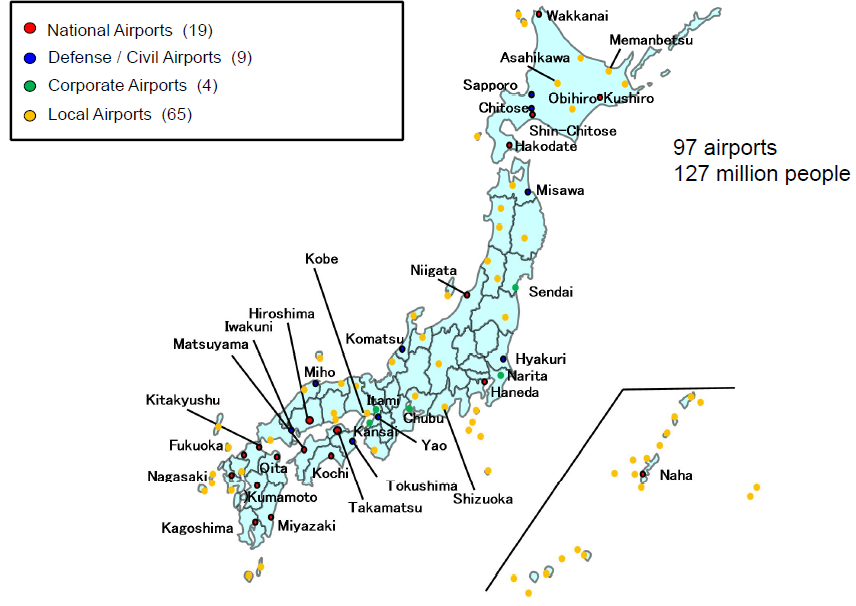Airport Opportunities in the Land of the Rising Sun
Staff Writer
April 15, 2019

In Japan, where the concession process began in Dec-2015, the Osaka airports (Kansai and Itami, won by Vinci Airports and Orix) are completed, along with Sendai Airport (Tokyu Group consortium) and the same Orix/Vinci consortium took control of Osaka’s Kobe Airport on a 42-year concession contract in Apr-2018. Other airports to have been privatised since, as the country is gripped by a privatisation fever, or to be in line for concessions, include:
- Hiroshima International Airport will be privatised by Apr-2021.
- Fukuoka Airport – 30-year concession, completely effective from 01-Apr-2019 (Fukuoka Airport HD Corporation).
- Hokkaido island seven airports including Sapporo Chitose, reputedly Japan’s second most profitable gateway airport, for 30-year concession. Final three bidders selected.
- Kitakyushu Airport – proposal to privatise under survey.
- Kumamoto Airport – priority negotiation rights holder for the airport contract to be selected by Mar-2019.
- Shimojishima Airport – special purpose vehicle established by Mitsubishi Estate in Jan-2018 to develop and operate passenger terminal facilities.
- Shirahama Airport – Minchori Holdings-led consortium agreed the terms of a 10-year contract for its private operation, to commence in Apr-2019.
- Nagasaki Airport – survey to determine the viability of privatisation scheduled to be completed by end of Mar-2019.
Airports in Japan by categorisation
MLITT, the government department responsible for the concession procedure, is very specific about the conditions attached to the contract. By and large, MLITT’s reasons for privatising the airports are the need for more flexible landing fees to attract more airlines; more efficient management; revitalisation of the airports; capturing growing foreign and particularly Asian demand; and for non-aeronautical revenues to grow to offset a reduction in landing charges. While there was a great deal of foreign interest in the early transactions (and correspondingly little interest from Japanese firms), that situation is fast changing. Already there is a multitude of Japanese finance houses and conglomerates partaking in 20% equity of the concession on the two main Osaka airports and there is no indication that interest in future concessions will wane.
Non-Japanese firms opting to join this concession frenzy (in theory all the nation’s airports except for ‘corporate’ level airports such as Tokyo Narita and Nagoya Chubu could eventually be privatised – 94 of them) will need to partner with a Japanese entity to ensure acceptance, and to understand that (a) they will be regarded as the junior partner in the deal (as Vinci is to Orix) and that (b) the Japanese entity will select them, not the other way around.

